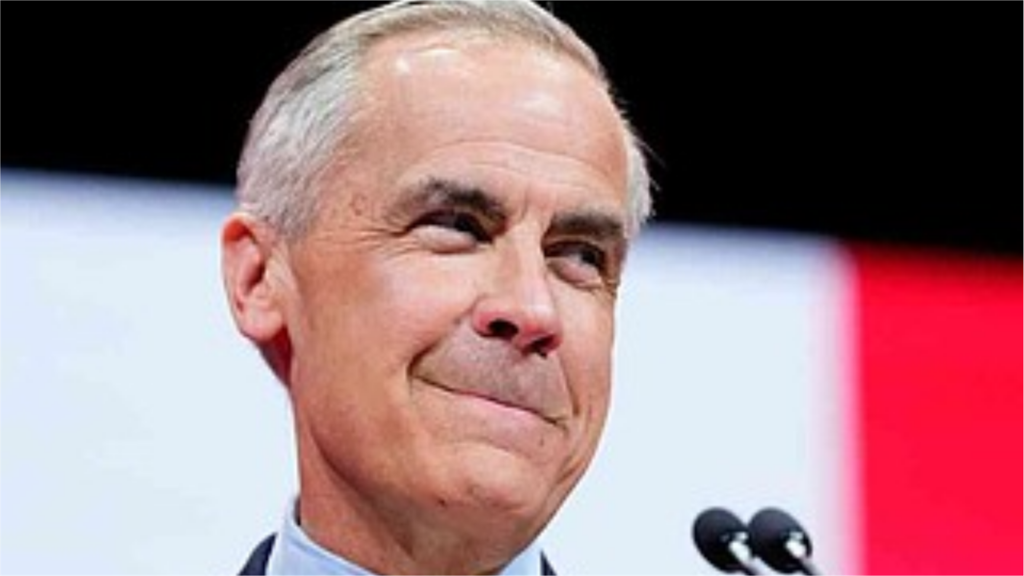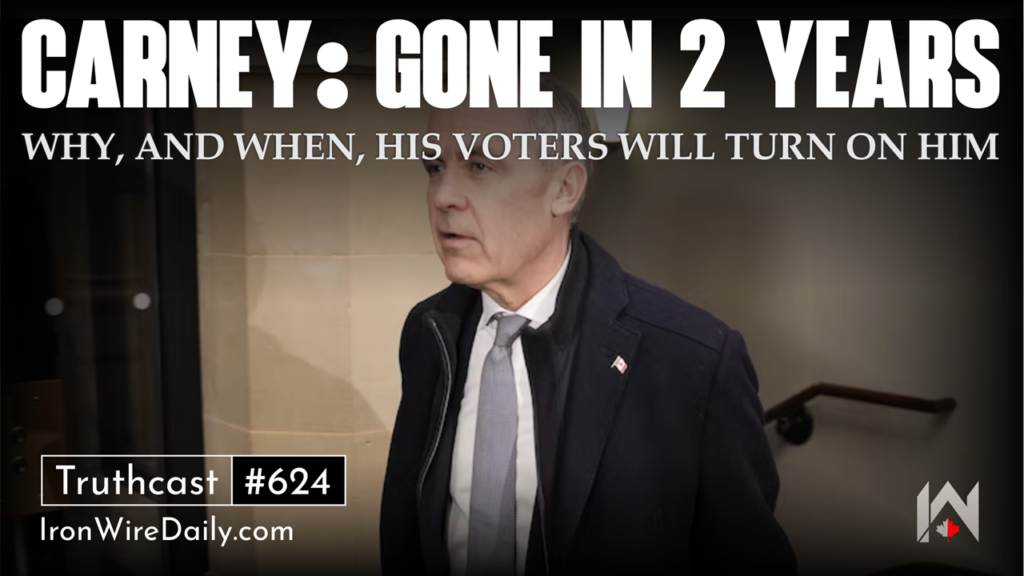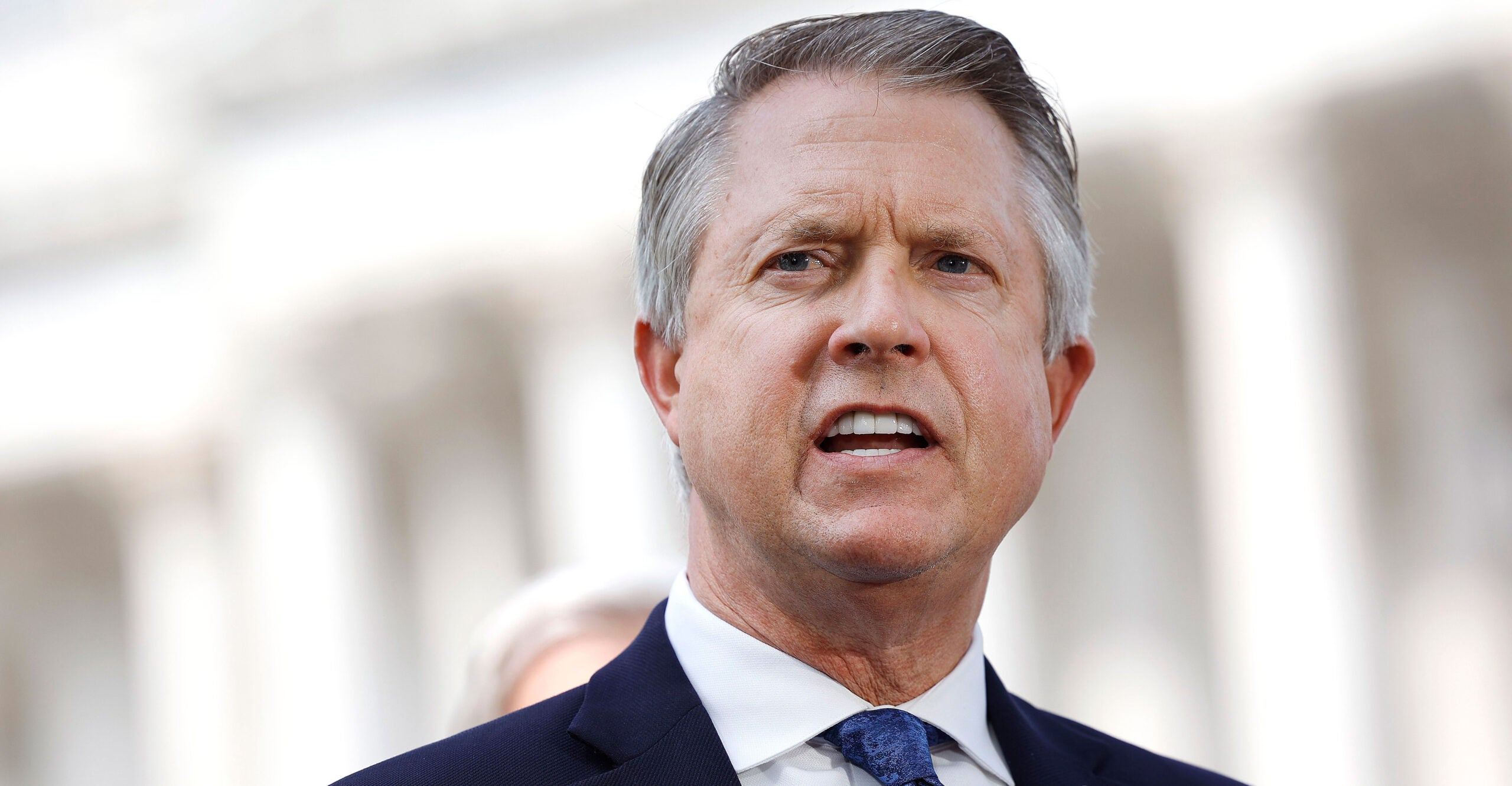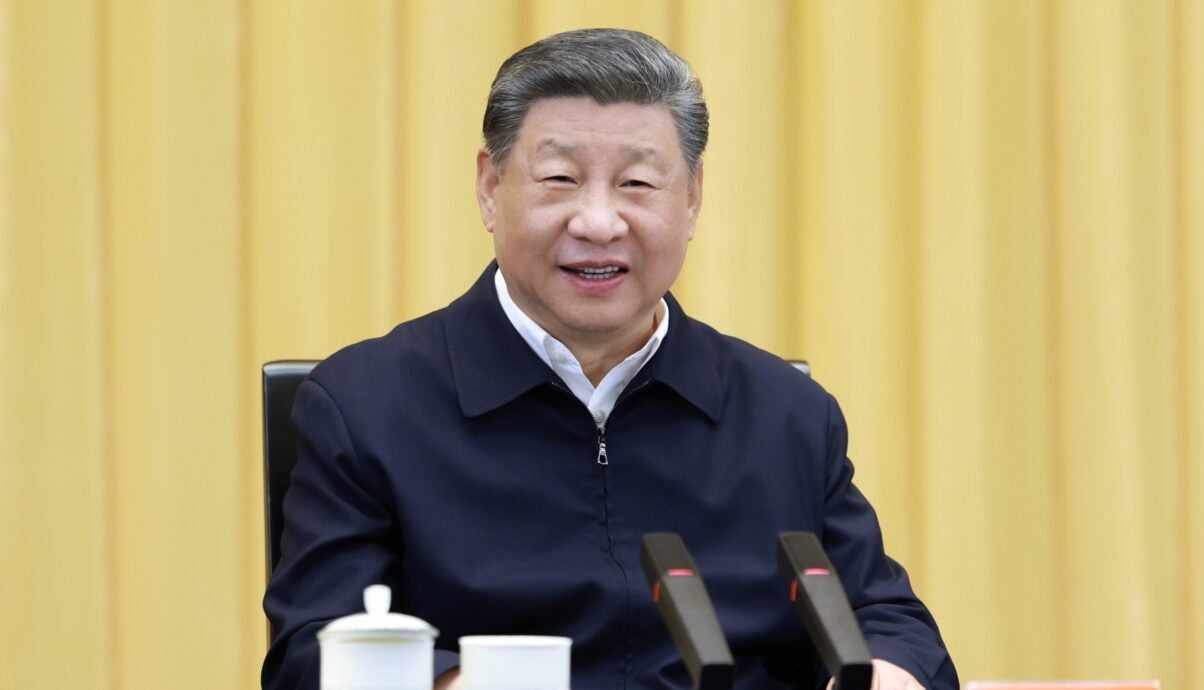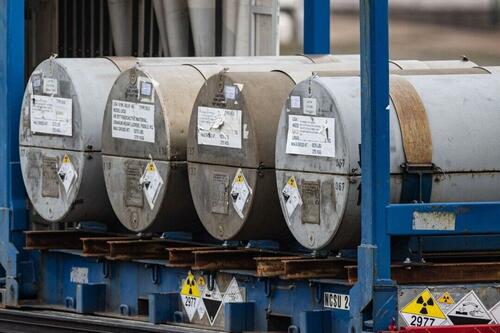Pride groups BAN political parties in act of ‘unequivocal solidarity’ with trans community
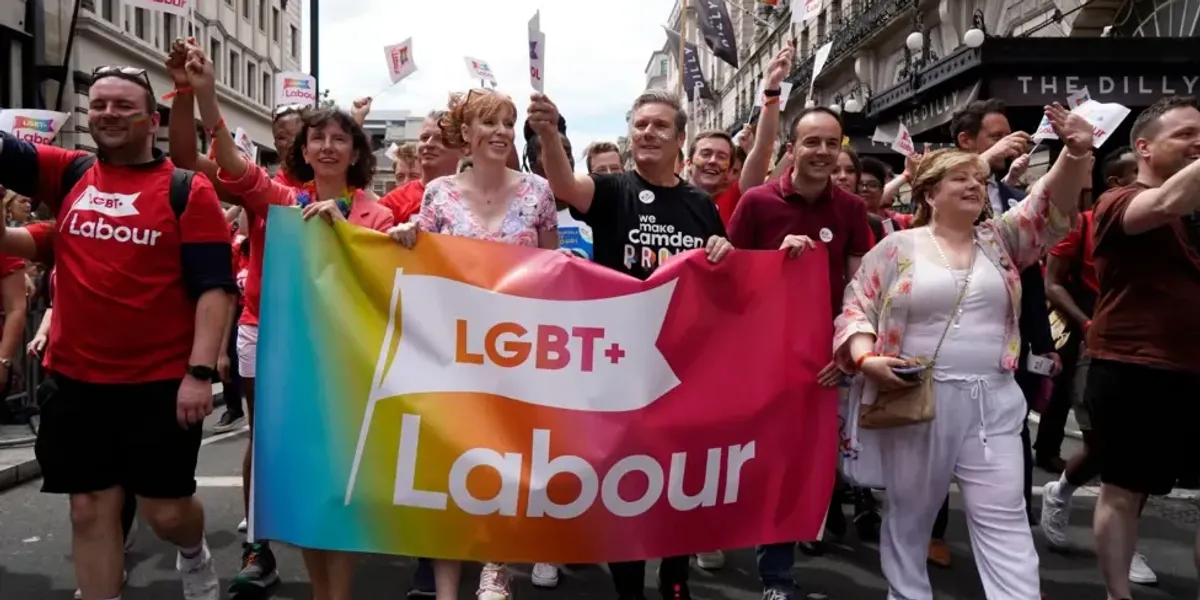
Four of the UK’s largest Pride organisations have suspended political parties’ involvement in their events in “unequivocal solidarity” with the transgender community.
Birmingham, Brighton, London and Manchester Prides announced that political parties would not be welcome at their events in an official capacity.
The ban will remain until parties demonstrate a “tangible commitment to trans rights”.
The announcement comes after the Supreme Court ruled that the term “woman” in the Equality Act is defined by biological sex.
Four of the UK’s largest Pride organisations have suspended political parties’ involvement in their events in “unequivocal solidarity” with the transgender community
Getty
A statement from the Pride organisers said there was a “disturbing global trend… where LGBTQ+ rights are being systematically rolled back”.
The statement said: “The UK must not follow this path of regression. Instead, it must rise as a global leader in human rights and equality.”
The Pride organisers said the Supreme Court ruling “underscores the urgent need for immediate action”.
They said: “In this moment, we choose to stand firmer, louder, and prouder in demanding change that protects and uplifts trans lives.”
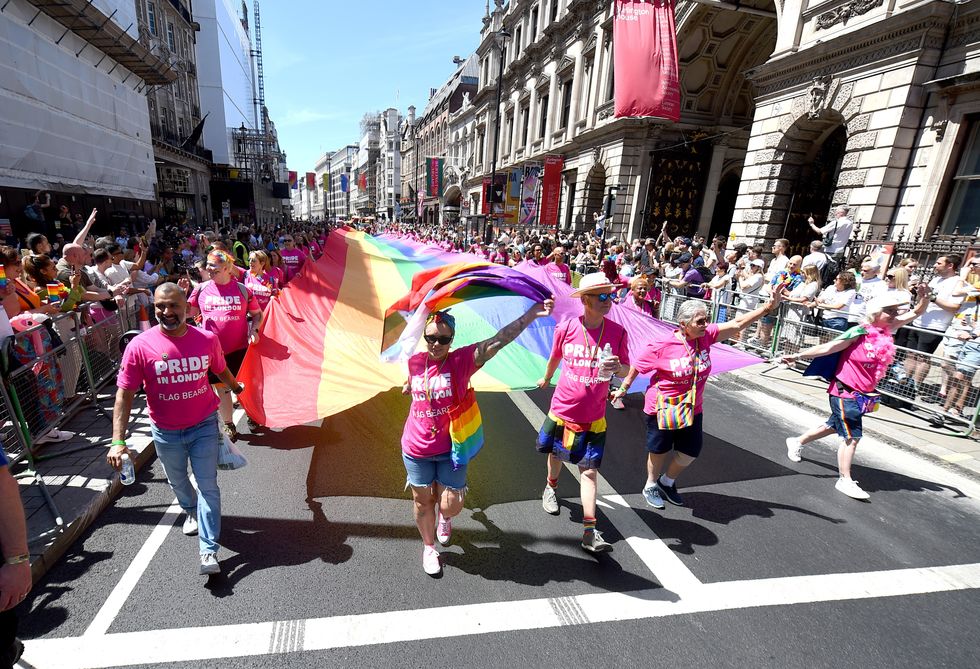
Birmingham, Brighton, London and Manchester Prides announced that political parties would not be welcome at their events in an official capacity
Getty
The recent Supreme Court ruling clarified existing equality laws, and means that the term “woman” in the Equality Act refers solely to biological women.
The legal dispute began in 2018 over gender balance quotas on Scottish public sector boards.
Some groups welcomed the ruling, including Scottish Lesbians, who told the BBC: “The Supreme Court decision protects the rights of lesbians as same-sex attracted women.”
They added: “We’re very relieved that our rights have been protected, and disappointed that Pride has once again abandoned lesbians.”
The EHRC has since issued guidance stating access to single-sex spaces must be based on biological sex.
The four Pride groups represent some of the most popular Pride events in the UK, with a combined average attendance of over one million people.
They have called for several changes, including “full and enforceable protections under the Equality Act” and “timely and dignified access to NHS gender-affirming healthcare”.
Other demands include reform of the gender recognition certificate process and “sustainable funding for trans-led services”.
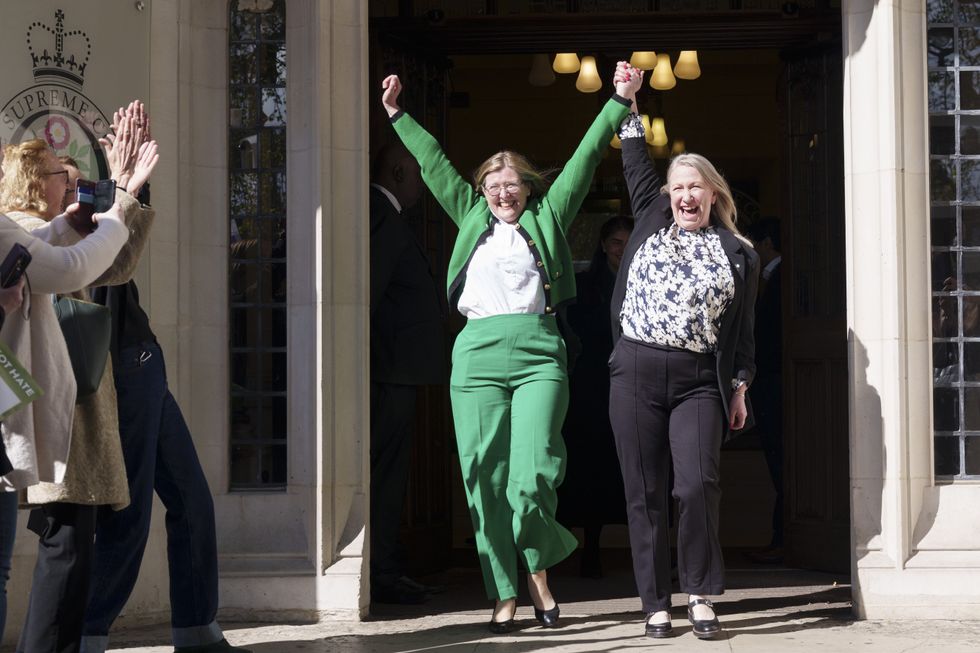
The announcement comes after the Supreme Court ruled that the term “woman” in the Equality Act was defined by biological sex
Getty
Birmingham Pride had already announced its own ban, as had Belfast and Southampton Pride events.
The decision has faced criticism from some quarters. A spokesperson for LGBT+ Lib Dems said the group was “sickened to our core” at the ban.
They accused Pride organisers of creating a “blanket suspension” which was “lumping them in” with other political parties.
